The purchase and installation of solar panels are financed via solar loans. The best approach to pay for solar panels is to compare several loan options available on the market. A cost-effective option to switch your household to a sustainable energy source is by installing solar panels.
How Do Loans for Solar Panels Work?
Homes can now be powered more sustainably and independently of the electricity grid thanks to solar panels. Solar energy conversion might be pricey, but there are several ways to finance the purchase and solar panel installation. The most advantageous solar panel loans provide flexible periods, no down payment, cheap fees, and competitive interest rates.
Loans for solar systems operate in the same way as conventional loans. You take out a loan from a lender and pay back the loan over time with regular installments. You can receive an unsecured loan from internet lenders like those on the Internet, even though many solar panel loans are secured by the solar panels you're financing, meaning the lender can seize the panels if you can't make your payments. Besides, no credit check is required to et approved for online personal loans.
According to the Center for Sustainable Energy, a typical solar panel system can cost between $15,000 and $25,000, including installation. However, a system can last between 25 and 30 years and can save you thousands of dollars in electricity costs during that period. Loan for the solar system has set interest rates and periods ranging from two to seven years. You can pay off the loan more quickly thanks to their brief repayment terms.
How to Get a Loan for Solar Panels?
To be eligible for a solar energy loan, prospective borrowers normally need to have a credit score of at least 680. Some lenders, however, place less onerous restrictions, with minimums as low as 550 or 580. Additionally, lenders could set extra requirements for solar installation loan eligibility, such as having equity in your property.
Consider these choices if you're prepared to obtain a loan for solar paneling:
- Ask about internal financing. There may be numerous options for solar panel financing, depending on your location and the panels you're purchasing. Ask the solar panel manufacturer and installer first if they provide internal financing. If you want a quick loan process or don't have strong credit, this may be a viable alternative.
- Seek recommendations from others. Ask your manufacturer if they have any connections to financial institutions that provide the best solar loans. If you have family or friends who have switched to solar power, they could also be able to offer recommendations.
- Consult your neighborhood bank. Many conventional lenders, like banks and credit unions, provide solar loans, and if you already have a relationship with one of them, they could be able to offer you a better interest rate.
- Search online for how much are solar panels. Numerous online lenders provide personal loans as well as solar-specific loans that can be used to buy and install household solar systems.
- When you're prepared, submit an official application in person or online. This often entails disclosing information regarding your earnings, debts, and credit history in addition to details regarding the solar installation loan being financed.
What Are the Prices of Solar Panels?
The average cost of a solar panel is about $16,000, ranging from $3,500 to $35,000. Depending on the size and location of the system, installation can cost between $15,000 and $25,000.
How much can I get?
- Easy online application
- Bad credit is OK
- Instant approval
- No credit check considered
- Competitive rates
- Same day financing
The cost of switching a home to solar electricity is high, but qualifying homeowners can save money with state and federal subsidies. Between 10% and 20% of solar costs can be covered by state tax credits, and depending on when the panels are put, federal tax credits of 22% to 26% are also available. Subtract the amount of any state or federal subsidies from the overall cost of the solar panel system to determine the actual cost of the panels. Many homeowners take out solar panel loans to cover these hefty up-front costs.
An Unsecured Solar Loan's Key Features
The cheapest solar loan is typically the best. To find a low-cost solar system loan, compare these features:
- Annual Percentage Rate.
Your loan's total cost, including interest and fees, is represented by the APR. Rates for loans for solar panels normally range from 6% to 36%, with the lowest rates going to customers with good or excellent credit who have minimal previous debt. You may compare personal loans and other forms of finance side by side using the APR.
- Fees.
Some lenders impose an origination fee, which can range from 1% to 10% of the loan's cost and is typically deducted from the loan's total amount.
- Term.
The monthly payments are influenced by the solar energy loans’ payback period. Longer repayment terms result in cheaper monthly payments but higher total interest costs. Solar loan interest rates typically vary from 4% to 7%, but they can reach as high as 36%. In the end, the cost of borrowing is determined by a number of variables, such as the interest rate, period, and fees. Solar panel loans are frequently designed as fixed-rate loans, meaning your interest rate won't vary over the loan's term. Origination fees typically vary from 1% to 5% of the loan amount, although they can be as high as 30% for some solar loans.
Unsecured solar power loans, usually referred to as personal loans, normally have repayment durations of one to seven years; in contrast, secured solar loans have terms of between ten and twenty years, with some lenders offering repayment terms of up to thirty years.
Solar Loans: What You Should Know?
Homeowners must take into account a number of criteria in order to maximize the savings potential of a solar system, including pricing, size, hardware, and the method of payment.
Solar can be purchased in one of two ways: outright payment or borrowing money. Most solar systems cost at least $20,000, and not all consumers are eager to pay the full price once. Those that don't pay in cash usually obtain a solar loan.
- Calculate the cost of and savings from your sun exposure. Some regions of the country will benefit from solar panels more than others in terms of financial savings. For instance, due to the difference in the sunshine, someone in Phoenix may not receive the same value from solar panels as someone in a less sunny place. You must first know how many kilowatt-hours you consume and how much you pay for them in order to calculate your savings.
- Next, determine the amount of solar system you'll require. To see how many solar panels your home would require and how much energy it would produce, utilize a solar savings calculator.
- Be prepared to wait years, not months, to recover your investment. According to the Center for Sustainable Energy, installing solar panels on your home will pay for itself in six to nine years. You won't immediately have the extra money in your pocket as a result of your utility bill reduction. The length of time it will take you to recoup the cost of the panels varies on the system you select, the government funding programs that are available, your location, and the method of payment you use.
Solar financing: Is it a Good or Bad Debt?
Some financial consultants advise clients to avoid debt or, at the very least, to determine if a debt is good or harmful. There is strong evidence that solar debt is a special instance of positive debt in the solar industry. You can also consider Green Loans online.
Good debt is defined as "an investment that will grow in value or create long-term income". Making the transition to solar power can be worthwhile if you plan to stay in your house past the point of break-even. Just keep in mind that this calculation is quite simplistic and doesn't account for intangibles like the value of living off the grid or a desire to be more sustainable.
The Bottom Line
Solar panels for rooftops can be purchased in several ways. If you can't pay cash, financing a system with a solar loan offers ownership, which sets it apart from a lease. The total cost of the system, the annual savings in electricity expenses, and the length of time you want to live in the home all play a role in determining if a solar loan is worthwhile. It's crucial to take into account why you chose to go solar before taking out a solar panel loan.



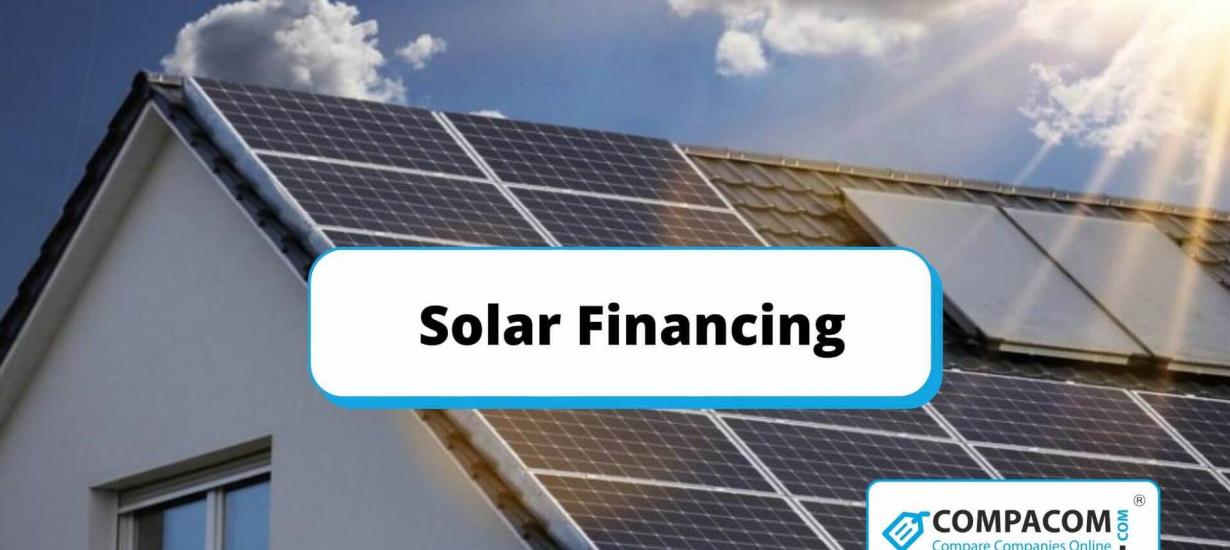
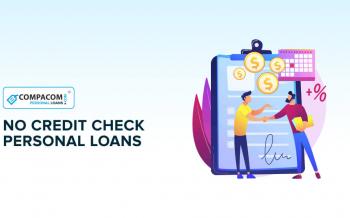
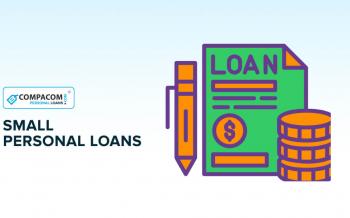
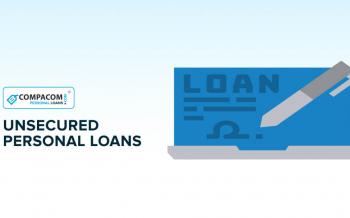
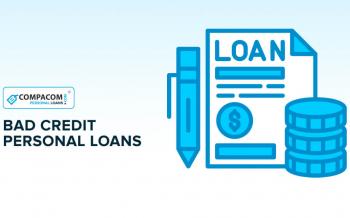




You are about to post a question on compacom.com:
Any comments or reviews made on this website are only individual opinions of the readers and followers of the website. The website and its authors team are not responsible, nor will be held liable, for anything anyone says or writes in the comments. Further, the author is not liable for its’ readers’ statements nor the laws which they may break in the USA or their state through their comments’ content, implication, and intent.